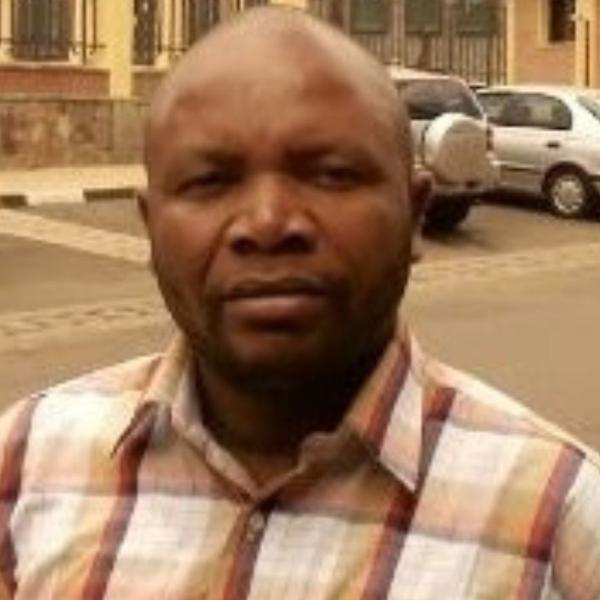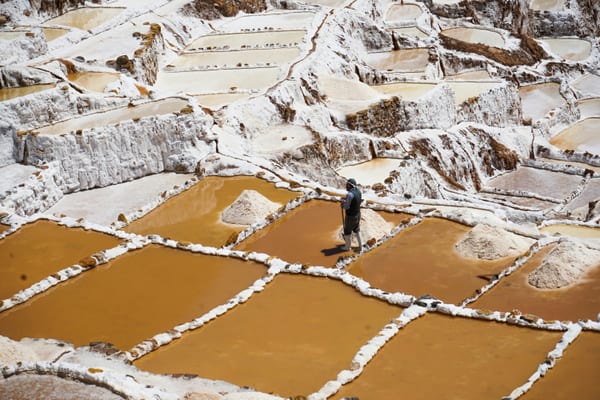Why do human rights matter when it comes to transition minerals?
22 September 2023
Have you ever thought about where the materials that make up your devices come from? Metals and minerals such as cobalt, copper, and lithium, for example, are essential to many everyday items such as laptops, mobile phones, and TVs, as well as electrical wiring, telephone cables, wind turbines and electricity generators. These commodities are also essential for a successful transition to a low carbon economy.
The Democratic Republic of Congo is one of the countries where these materials are mined. Often the mining of these commodities isn’t regulated, or regulation around this mining isn’t enforced.
“The local community are completely ignored’
Francesca Fairbairn from IHRB’s Commodities and Oceans Programme speaks to Dr Isokelo Munyuku Fama, a Doctor and human rights defender in the area of South Kivu Province in DRC, where a lot of mining takes place. They discuss the lack of adherence to the UN Guiding Principles on Business and Human Rights by companies working in the area and how South Kivu would welcome with open arms companies that adhere to these principles.
Organisations mentioned in this episode:
- Commodity traders can carry out due diligence at: https://commodity-trading.org/
- International Code of Conduct Association (ICoCA) is an organisation that certifies private military security companies: https://icoca.ch/
- Rafto Foundation for Human Rights: https://rafto.no
Image credit: Fairphone
Stream above, or you can listen on your favourite podcast player.
If you care about human rights and are curious about the impact of business on peoples’ rights, then follow Voices to get each episode straight to your feed.
Host: Deborah Sagoe, IHRB's Communications Coordinator
Producer & Editor: Helen Brown
Additional Contributors: Sam Simmons, IHRB's Head of Communications






